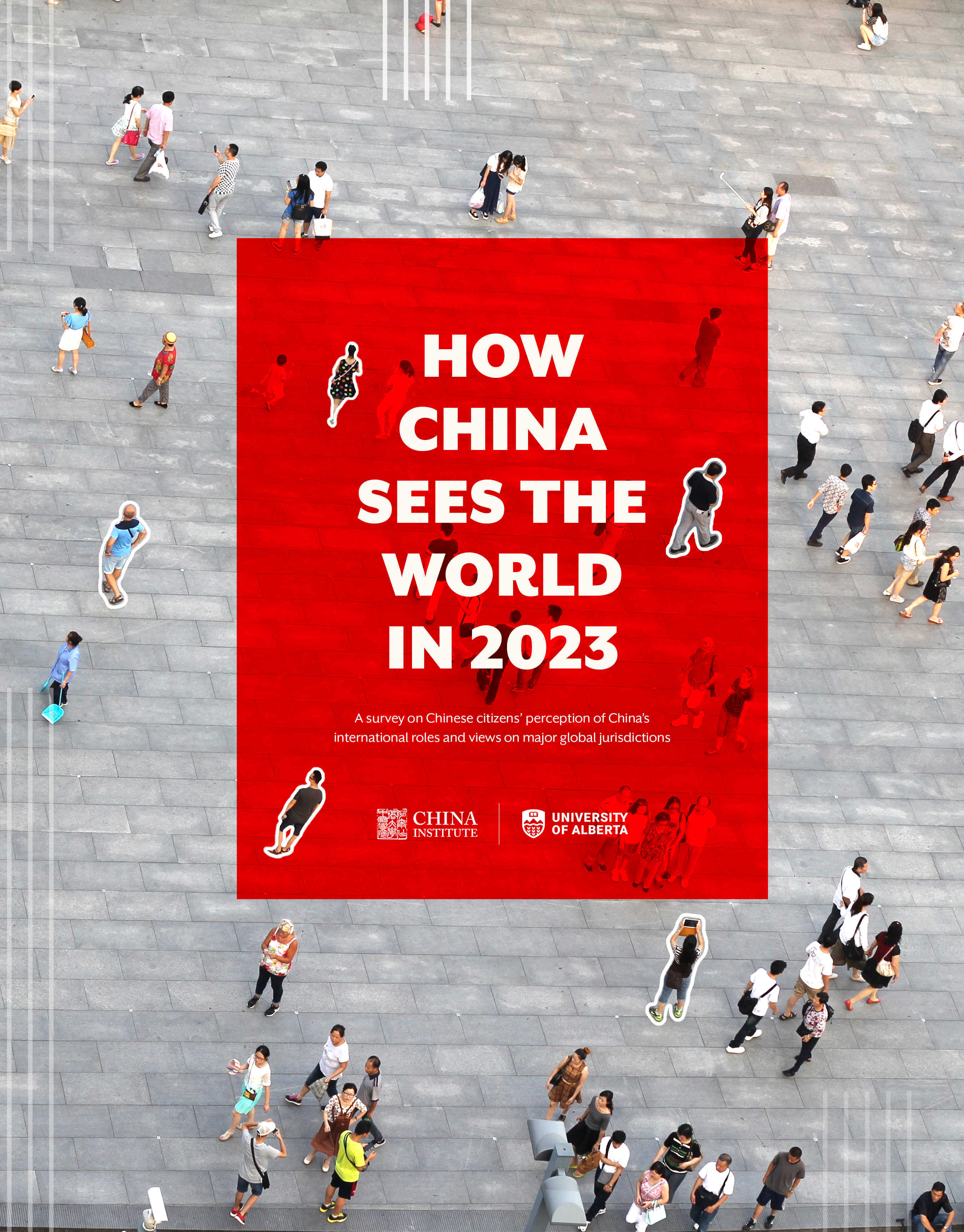How China Sees the World in 2023
Report Summary
The rising tension between China and Western nations in the 2020s has centered on China using its growing economic and political power to assert its influence worldwide, often contra to Western nations' interests. For example, Western jurisdictions have repeatedly accused China of stealing and exporting potential dual-use technologies abroad. This has led to security and regulatory reviews of Chinese-based technology companies that have ties with the Communist Party of China (CPC). Western nations, including the Five-Eyes Alliance – consisting of the US, the UK, Australia, Canada, and New Zealand – have been critical of China's domestic behaviour on human rights-based issues; they have viewed China's close relations with Russia during the ongoing Russia-Ukraine conflict as problematic. Such tensions have led Western nations to consider China as a negotiating partner on select global issues, an economic and military competitor, and a systemic rival promoting alternative governance models, with a greater focus on the latter two.
While China's rise as a major power in the 21st century has made it a key player in global affairs, one crucial aspect to further examine is its own citizens' attitudes towards foreign jurisdictions. How Chinese citizens perceive the world has profound implications for China's future behaviour domestically and abroad. While the CPC exhibits a monopoly over the political system, it requires popular support and legitimacy of its public policies and conduct. The CPC emphasizes monitoring public opinion and conducting public opinion analysis. This indicates that the public's support or dissatisfaction with China's foreign policy and activities can translate to future support or dissatisfaction with the CPC and the state itself.
The present report discusses the findings from the first iteration of the Chinese Citizens' Global Perception Survey (CCGPS). CCGPS 2023 is an online and telephone national survey conducted by the authors of this report, in collaboration with a survey firm in mainland China, in the first quarter of 2023. It provides a demographically representative and statistically valid, candid account of how the Chinese general public view other nations and their relationships with China. The CCGPS 2023 has notably examined mainland Chinese citizens' perspectives on China's current relations with global actors, including Australia, Canada, the EU, France, Germany, India, Japan, Russia, the UK, and the US. This report discusses the survey findings in five areas: (1) Chinese citizens' general global perception; (2) China's global roles; (3) Foreign tourism, study, work, and emigration preferences; (4) Canada-China relations; (5) Chinese citizens' sources and knowledge of global jurisdictions.
The report provides observations and insight into Chinese public opinion on global relations and the factors shaping these perceptions. Moreover, it highlights critical nuances that provide a greater understanding of the complexities of Chinese public opinion. The report's objective is to provide evidence to aid key stakeholders in developing targeted and considered strategies for engaging with China.
Major Findings
Part I: General Global Perception
- Chinese citizens view the US as the world's most influential power by a significant margin, followed by Russia and the European Union, respectively. Japan, India, and Australia are viewed as the least influential nations.
- Russia is considered the most trusted and important nation to China's future. Respondents ranked the US and Japan as the least trustworthy nations; the latter was viewed as having the least important relationship with China among the jurisdictions included in the survey.
- Respondents perceived the US and Japan as most likely to engage in a military conflict with China in the next decade. But they viewed a potential conflict with US-allied nations such as Germany, France, and Canada as somewhat unlikely. Russia was deemed the least likely to engage in a future conflict with China.
Part II: China's Global Roles
- Respondents indicated their belief that China should take an "active global role" across all spheres of international engagement, with the younger cohort most likely supporting a greater global role for China. The most favourable areas for Chinese global leadership are peace and security, and technology and innovation. Less popular domains include global financial standards and global environmental governance.
- While lukewarm in expanding ties with Western jurisdictions, the Chinese public does not favour "decoupling" from Western-aligned nations in economic and technological relations.
- Regardless of age or income level, respondents indicated a strong consensus pertaining to the importance of expanding economic ties with Russia.
Part III: Tourism, Study, Work, and Emigration Preferences
- Respondents indicated a strong desire to engage directly with Western countries on a personal level despite rising tensions between China and most Western nations.
- Respondents viewed Russia as a desirable destination for travel, work, and emigration.
- The US was the most popular destination choice for studying abroad, followed closely by the UK.
Part IV: Canada and China Relations
- The Chinese public favoured expanding ties with Canada despite the current fraught relationship between Canada and China. Respondents indicated strong support for cooperation in global and regional peace and security and cultural exchanges.
- Respondents considered two significant factors impacting Canada-China relations: China's growing power and Canada's close relationship with the US. Cultural and value differences and Canada's domestic and foreign policies were perceived to play a lesser role.
Part V: Sources and Knowledge of Global Jurisdictions
- Those living in China are more likely to rely on social media and word-of-mouth than state media (TV, radio, and newspapers) to learn about global jurisdictions.
- Respondents reported they were highly knowledgeable about the US, Japan, and Russia and less about Canada, the UK, and the EU.
- Self-reported higher levels of knowledge of a jurisdiction corresponded to more extreme levels of high or low levels of trust in said jurisdiction.
- Regardless of income level or age, the respondent indicated that Chinese citizens strongly believe that a government's action reflects the popular will
